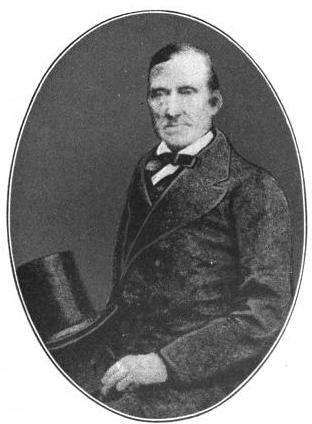Charles Lane (1800–1870)

Charles Lane (1800–1870), referred to as "Brother Timon" and "Dictator Lion" (Timon Lion) in the text, was a vegan, abolitionist, and pacifist who rejected private property and, in his articles published in 1843 under the heading “A Voluntary Political Government” in The Liberator, embraced the principle of voluntaryism, which insists on participation in society without governmental coercion. A follower of James Pierrepont Greaves and a member of Alcott House (named in honor of Bronson Alcott) or the Ham Common Concordium in Surrey, England, it was there that he met Bronson Alcott in 1842. The community at Alcott House followed the vegan principles later enacted at Fruitlands. Lane returned to New England with Alcott and in 1843 purchased the 90-acre Wyman Farm, which became Fruitlands. In January 1844, Lane left Fruitlands and joined the neighboring Shakers in Harvard; then, in the summer of 1846, with Joseph Palmer, he formed the Leominster and Harvard Benevolent Association. Later, he mortgaged the Fruitlands farm to Palmer, and returned to England.
Image of Charles Lane, who ran the Alcott House in England before helping to found Fruitlands in Harvard, Massachusetts with Bronson Alcott. Sketched from a daguerreotype (no artist or date listed). From Bronson Alcott's Fruitlands by Clara Endicott Sears. Boston: Houghton Mifflin Company 1915. Page 42. Unknown author, Public domain, via Wikimedia Commons
